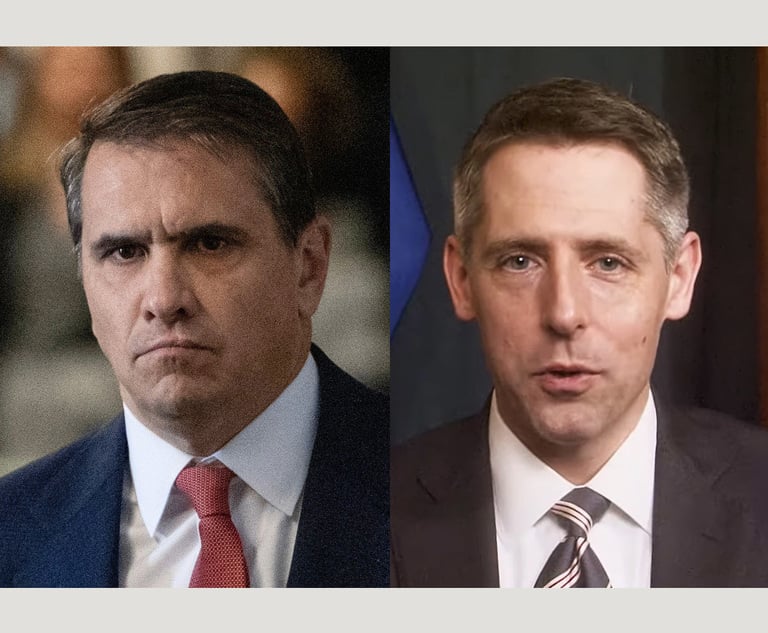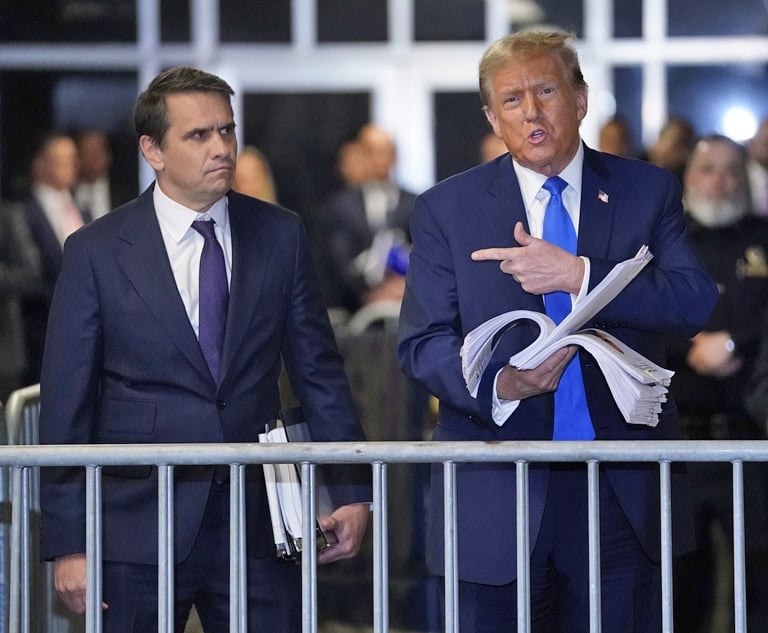In this unsettled time, the Criminal Division of the Department of Justice recently issued two important documents that reflect significant continuity in DOJ policy toward corporate white-collar criminal investigations. In June, the Criminal Division issued guidance titled “Evaluation of Corporate Compliance Programs” (Compliance Guidance), which builds on earlier policy statements and instructs prosecutors how to analyze an organization’s compliance programs. In July, the Criminal Division together with the Securities and Exchange Commission’s Enforcement Division issued the second edition of the “Resource Guide to the US Foreign Corrupt Practices Act” (FCPA Resource Guide), which incorporates policies and rulings issued since release of the original FCPA Resource Guide in 2012.
In broad terms, both documents clarify and elaborate on a central tenet of current DOJ policy toward business organizations in white-collar criminal investigations: specifically, a company can get the benefit of a rebuttable presumption of nonprosecution if it voluntarily discloses to the government unlawful conduct; cooperates fully with a resulting government investigation, including by providing information about culpable employees; and undertakes genuine and satisfactory remediation of the conditions which allowed the unlawful conduct to occur. See Justice Manual § 9-47.120 (articulating this policy in FCPA investigations). The effectiveness of a company’s compliance programs relates directly to remediation, the third requirement for leniency. More generally, the stronger a company’s compliance programs, the stronger a company’s arguments will be for the fullest possible leniency in discussions with prosecutors.


 Elkan Abramowitz and Jonathan Sack
Elkan Abramowitz and Jonathan Sack




